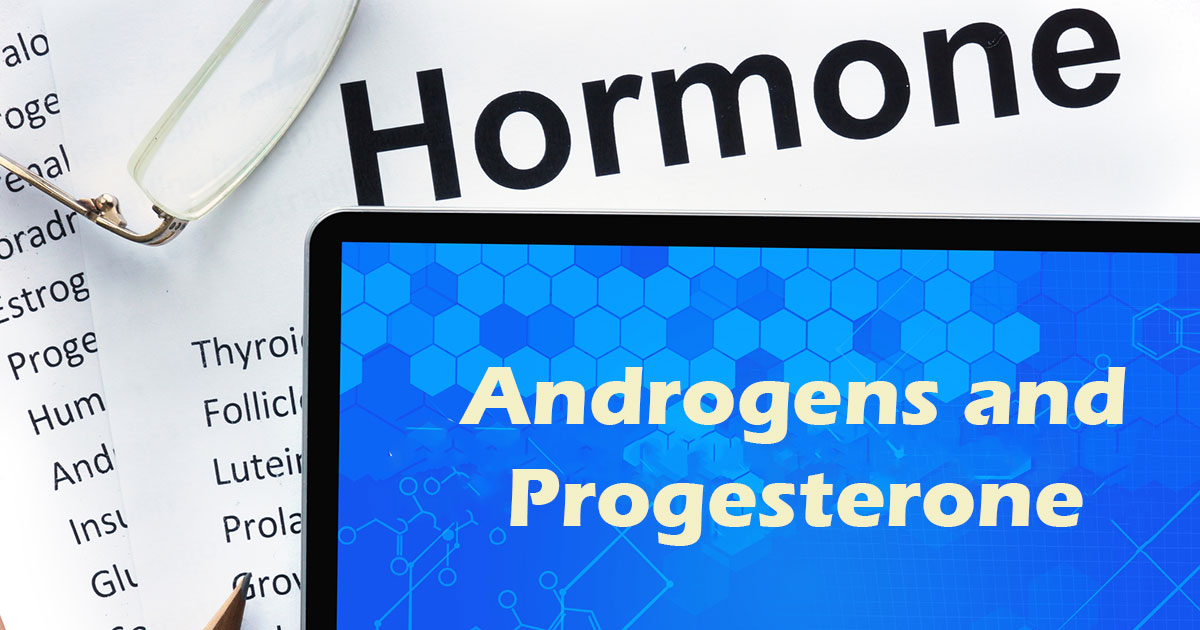Understanding Polycystic Ovary Syndrome (PCOS)
The Hormones Affected By PCOS

The main hormone PCOS affects is the androgen. All females produce androgens, commonly known as ‘male hormones.' However, women suffering from PCOS have higher levels of this hormone coursing throughout their bodies. The ovaries produce this excessive amount, but the adrenal glands can also produce an excessive amount of the hormone. Excessive androgens are responsible for many of the condition’s symptoms including unwanted hair, thinning hair, acne, and irregular periods.
Insulin is another bodily hormone that affects PCOS, as it what permits the body to absorb glucose (blood sugar) into the cells for energy. However, when a patient is suffering from PCOS, the body does not respond the same way to insulin, which can lead to elevated blood glucose levels, resulting in the production of more insulin. It is a vicious cycle, as when the body produces too much insulin, the body responds by producing more androgens, which worsens the symptoms and condition for the patient. Progesterone is the final hormone that affects PCOS, as a lack of this hormone is what contributes to irregular periods for a patient.